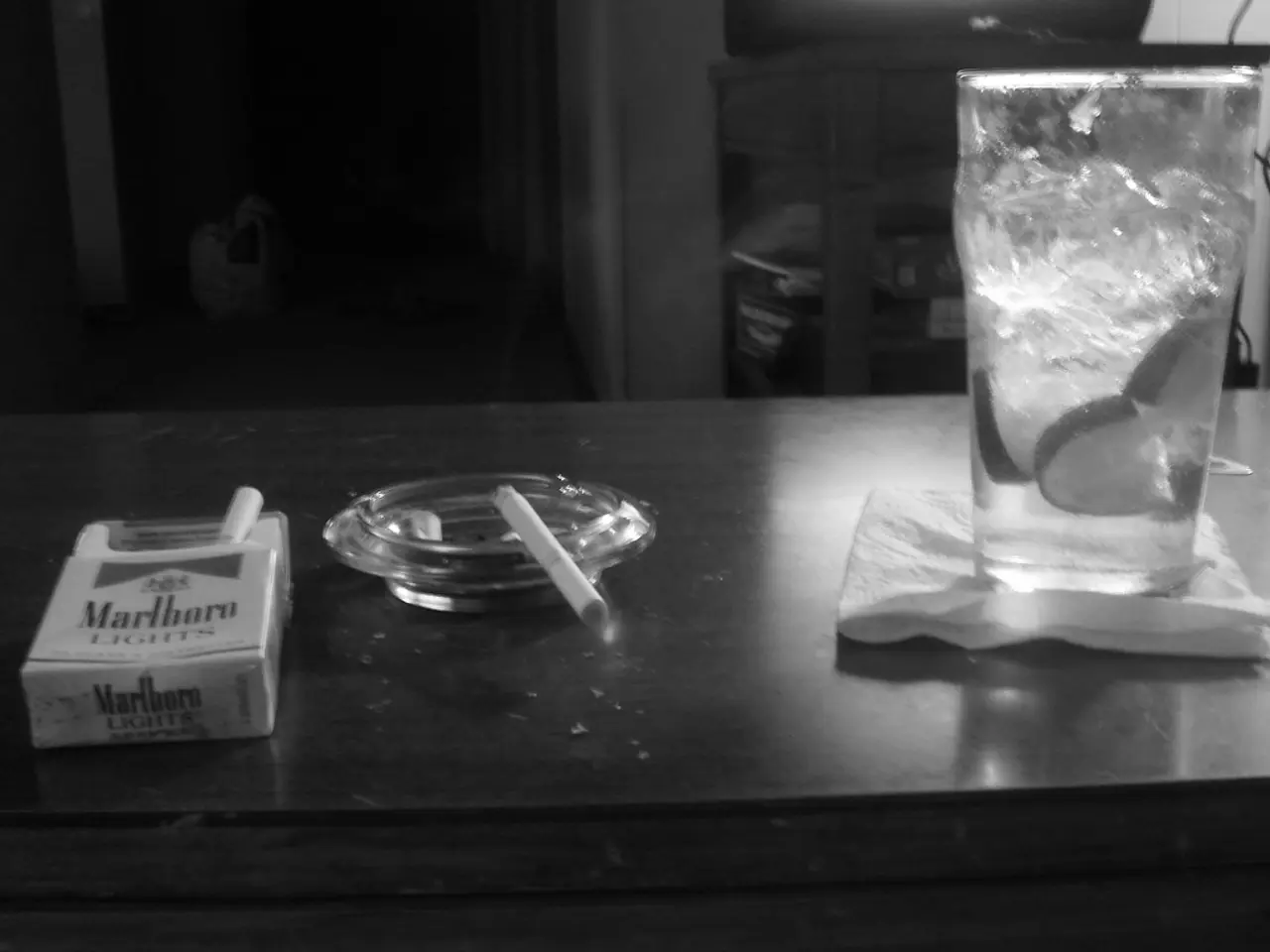Is the use of activated charcoal in terrariums truly essential?
In the intricate world of terrarium gardening, activated charcoal has emerged as a valuable tool for maintaining a healthy and thriving ecosystem. This porous material, derived from high-temperature treatment of charcoal, is effective in filtering excess moisture, absorbing odors, and preventing mold and bacterial growth - common issues in closed environments [2][4].
Activated charcoal serves as a crucial layer in sealed terrariums, helping to maintain air and substrate quality over time by controlling humidity and microbial balance [2][4]. This promotes a healthier environment for plants and microbes inside the terrarium.
Safety is another key advantage. Activated charcoal is generally non-toxic and safe for use in animal enclosures and terrariums, including those housing small pets or reptiles [5]. There is no indication that long-term exposure in closed terrariums causes harm to plants or small animals. However, it is recommended to use high purity activated charcoal, preferably derived from natural sources like coconut shells, to avoid introducing contaminants [5].
Regular monitoring of the terrarium conditions is essential to ensure the charcoal does not become saturated or lose effectiveness. When it does, replacement is necessary. The type of activated charcoal chosen may determine how it is used in a terrarium, such as mixed in or separated [6].
Activated charcoal is not a necessity in terrariums, but it's generally considered helpful. In the wider gardening world, charcoal is commonly used as a soil additive. The increased porosity of activated carbon allows it to bind impurities more effectively than non-activated charcoal [7].
It's worth noting that the Royal Horticultural Society recommends against using charcoal briquettes with plants due to additives or contaminants, and against using used charcoal due to potential contamination with harmful chemicals or microplastics [8].
In conclusion, the available evidence supports activated charcoal as a beneficial and safe component in sealed terrarium systems for extended periods. Its ability to control moisture, odors, mold, and bacteria, combined with its non-toxic nature, makes it a valuable addition for terrarium enthusiasts. However, regular maintenance and the use of high-quality charcoal are essential to ensure the continued health of the terrarium ecosystem.
- In the ever-evolving world of lifestyle, the appreciation for terrarium gardening has expanded, with activated charcoal being recognized as a beneficial tool for fashion-and-beauty enthusiasts who also engage in horticulture, due to its capacity to maintain a clean and healthy terrarium ecosystem.
- For pet lovers and home-and-garden enthusiasts, the non-toxic and safe nature of activated charcoal makes it an ideal choice for use in animal enclosures and terrariums, providing a safer environment for small pets or reptiles.
- Travelers or globetrotters who appreciate an atmospheric home decor might find the aesthetic appeal of moss-filled terrariums featuring activated charcoal as an interesting addition to their home-and-garden collection, especially when paired with carefully selected plants and ornaments.
- In the realm of education-and-self-development, the terrarium gardening hobby offers opportunities for exploration and learning, providing a platform for understanding the importance of balance, maintenance, and the role of activated charcoal in ensuring a thriving ecosystem. For those looking to extend their hobbies outside the confines of their homes, perhaps a shopping trip to acquire high-quality, natural activated charcoal for terrariums could be an exciting foray into the world of sports, such as rock climbing or bouldering, to reach the higher shelves of garden stores.




